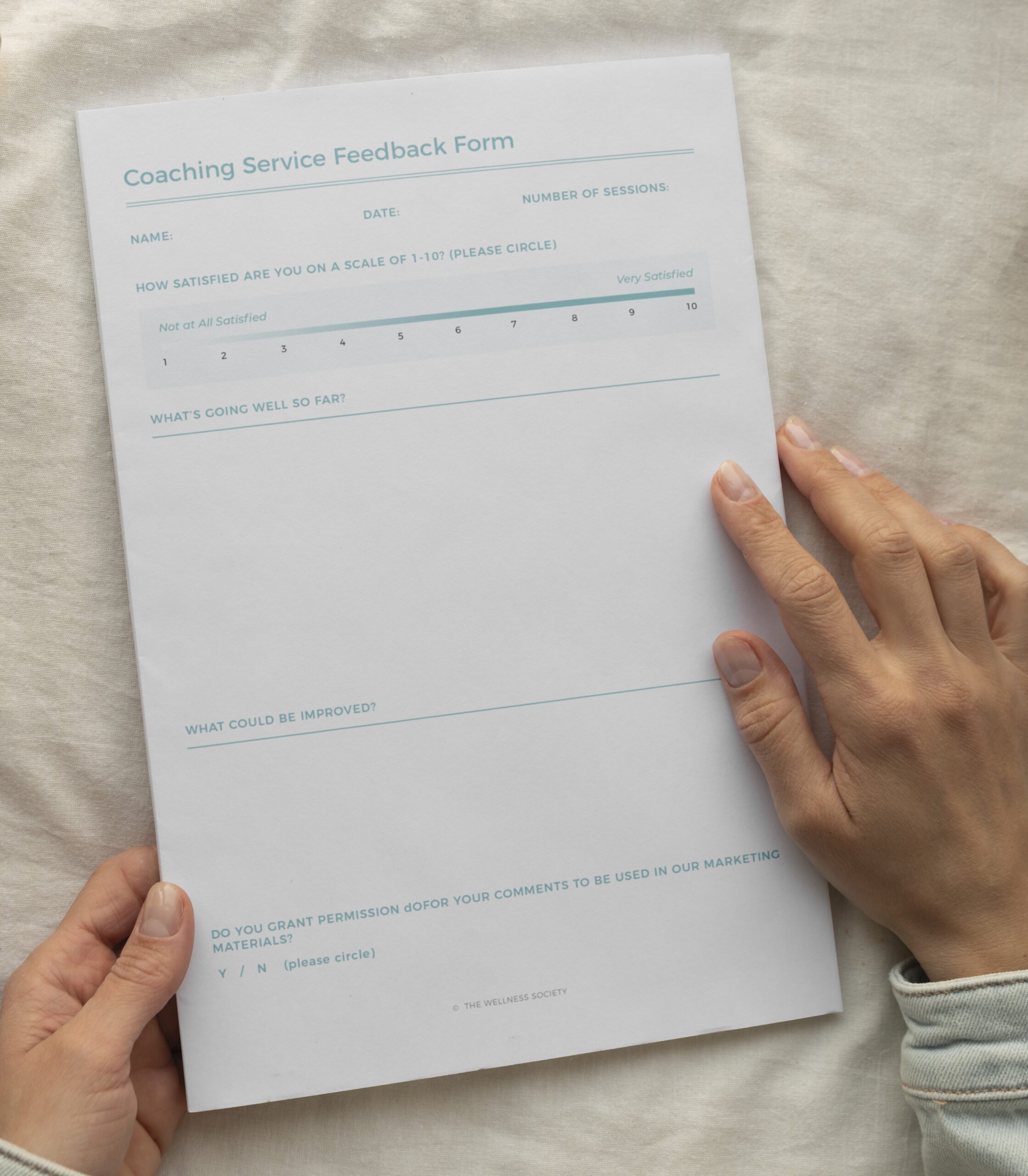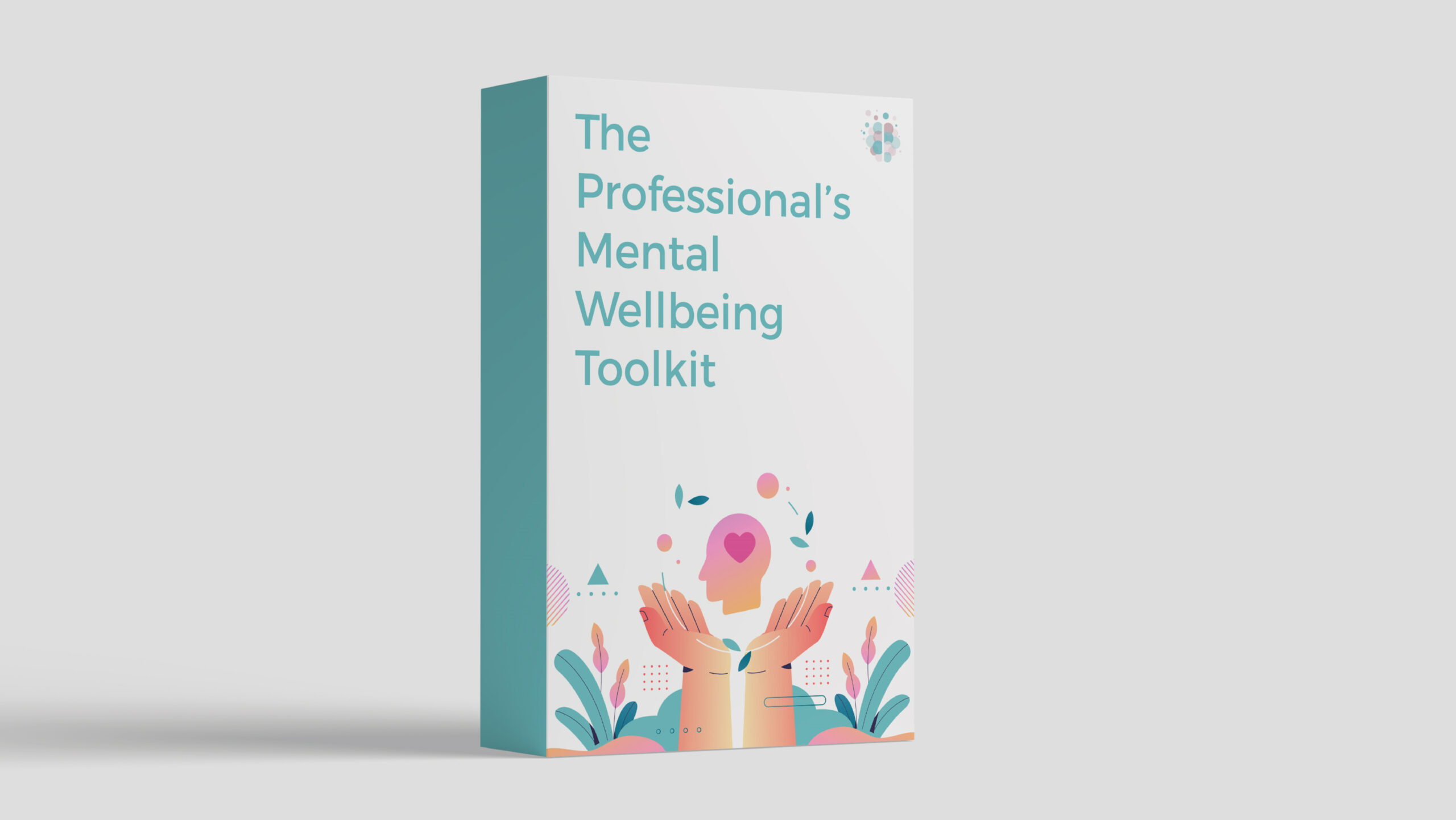New to coaching? Here are seven quick tips to help you on your coaching journey.
- Establish and respect boundaries. Questions such as, “Is there anything you’re uncomfortable talking about?” and “Is it ok if I ask you about [sensitive topic]?” will build trust and create a safe space for the coachee.
- Uncover authenticity. Your role is to get to the bottom of what your coachees really want – outside of what they think they should want.
- It isn’t always necessary to set actions. Your coachee may need to spend more time processing their new insights and reflecting.
- Avoid “why” questions. “Why?” can provoke a defensive response, making your coachee think that they need to justify themselves to you. Here's some guidance on the art of coaching questions.
- Resist advising. Focus on listening and guiding – aim to make suggestions no more than 10% of the time. Here's an article about how to improve your active listening skills as a coach.
- Exploring “reality” is key to effective coaching. It’s the part that’s usually missing from every day conversation, as we so often jump straight to “options”. Find 64 GROW questions in our Professional's Mental Wellbeing Toolkit.
- Seek feedback. It’s good practice to check in with the coachee every few sessions to ask how you’re doing as their coach, which can be done through a feedback form. Want to save time with a pre-made template? Here's one you can use.

Build Your Coaching Toolkit
Want a library of practical tools to share with clients? Check out The Professional's Mental Wellbeing Toolkit today. It's "everything you need all in one place."

